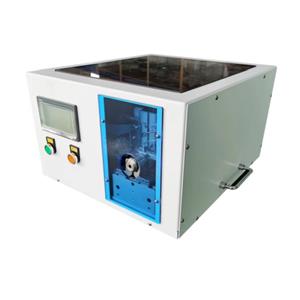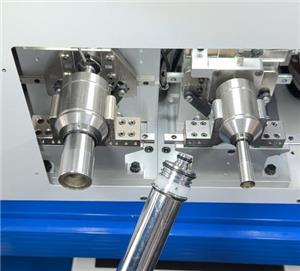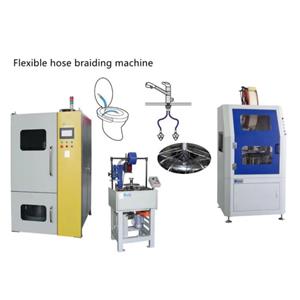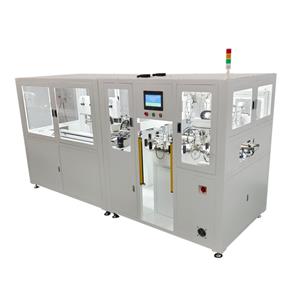Winding Machine: Enhancing Precision in Electrical Component Manufacturing
Winding machines are an essential tool in the production of electrical components like coils, motors, transformers, and inductors. By offering high-precision wire winding, these machines ensure that electrical components meet stringent performance standards, especially in industries like automotive, aerospace, and electronics.
Key features of modern winding machines include:
High Precision and Accuracy: Advanced winding machines are equipped with sophisticated control systems that allow for precise winding patterns, ensuring consistent quality in products like motors and transformers. This precision is critical for applications that demand high performance and reliability.
Automation and Speed: Equipped with fully automated functions, these machines reduce manual labor, speeding up the production process and minimizing errors. Automation ensures that wire tension, coil winding speed, and layering are consistently maintained.
Versatile Applications: Whether producing coils for electric motors, transformers, or inductors, winding machines can be customized to handle a variety of materials such as copper, aluminum, and other specialty wires, making them highly adaptable to different industry needs.
Energy Efficiency: With growing environmental concerns, manufacturers are increasingly adopting winding machines designed to minimize energy consumption. Newer models are more energy-efficient, reducing operational costs while maintaining high productivity.
Smart Integration: Many modern winding machines feature IoT integration and real-time monitoring. This allows for remote control and predictive maintenance, reducing downtime and enhancing productivity.
By combining precision, automation, and versatility, winding machines are crucial in driving efficiency and quality in the production of electrical components, making them indispensable to manufacturers around the world.




